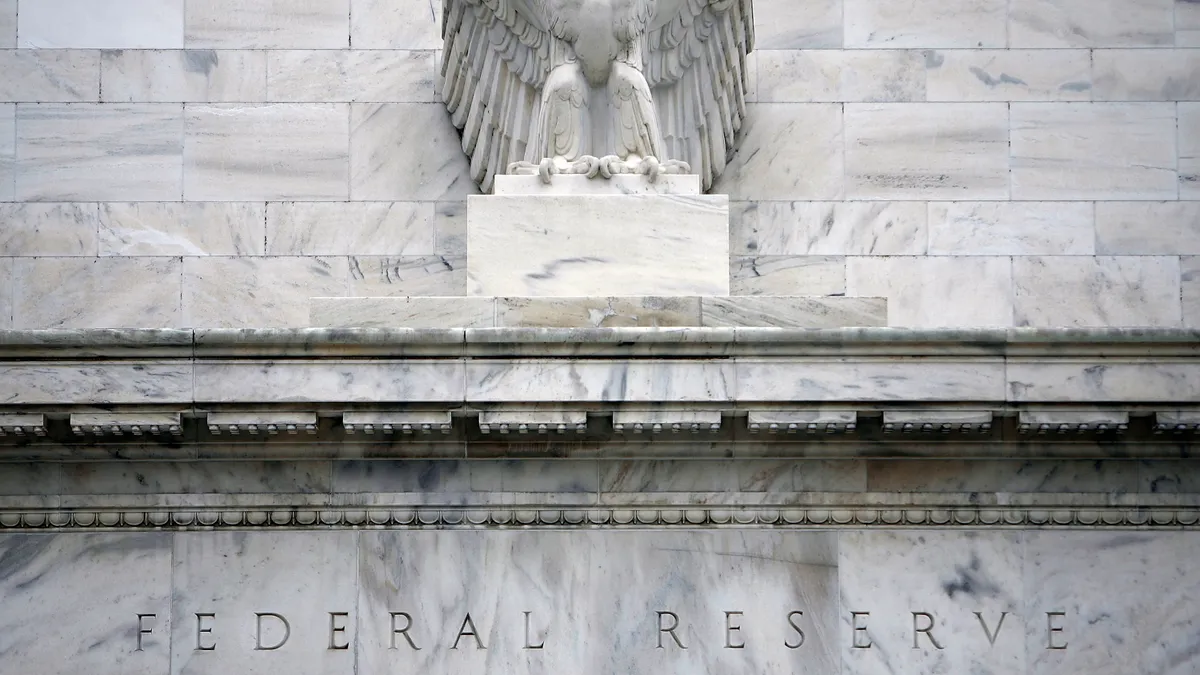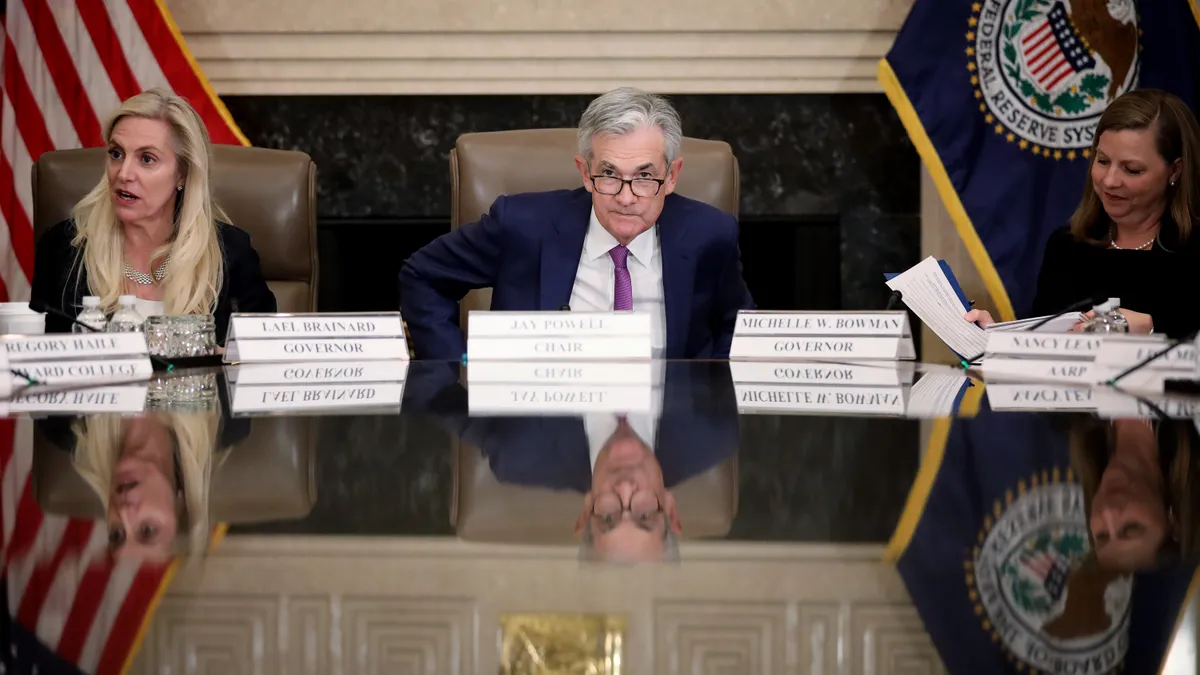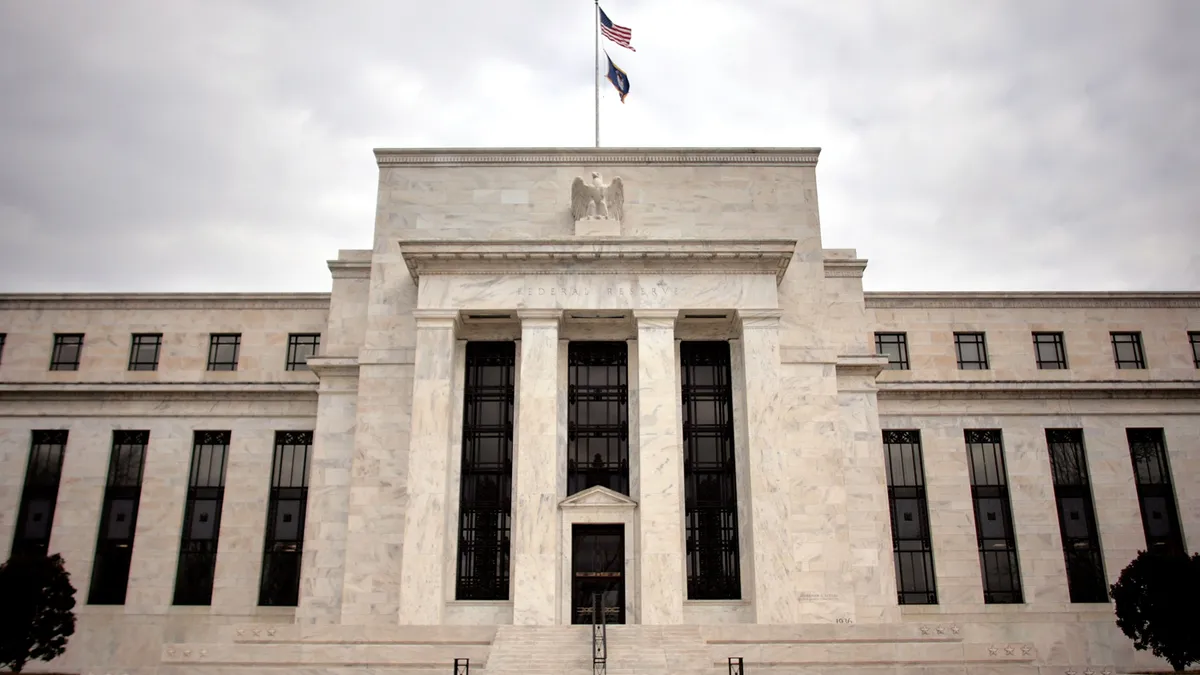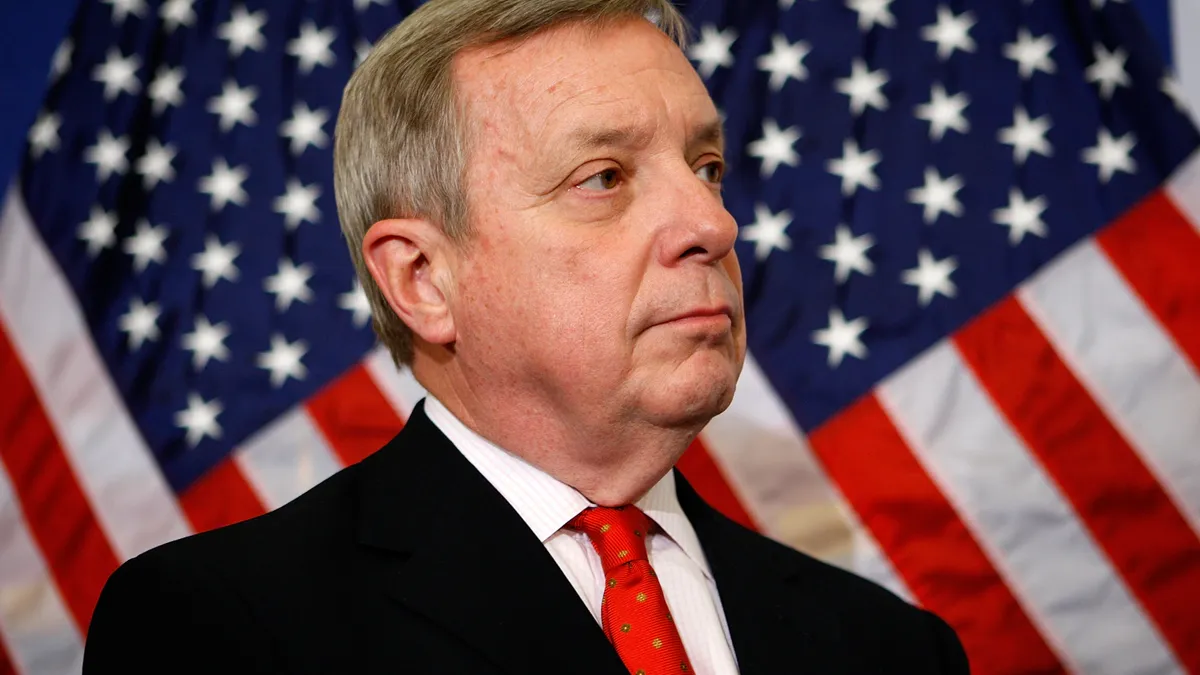Clashing comments have gushed into the Federal Reserve in the past two months over its proposal to clarify rules on the routing of debit card transactions, and they show familiar battle lines being drawn.
The Fed in May proposed a clarification of existing rules requiring that debit card issuers ensure that at least two unaffiliated payment card networks are available for routing debit transactions. It had given interested parties until July 12 to comment and 41 comments have been filed to date, but on June 22 the central bank board extended the deadline for comments to Aug 11.
Nonetheless, it’s clear that commenters' so far, including merchant groups and bank supporters, are taking the same opposing stances they’ve had for years. At issue is whether merchants and their consumers have access to competing networks for routing debit card transactions. Merchants and their interest groups have long argued that having more than one network available for routing holds down costs for consumers while companies that take fees for processing such transactions, including card networks and banks, have said that's not necessarily the case.
The central bank said the May proposal was prompted by evidence that all too often, merchants have only one network option — especially for online purchases, also known as "card-not present" transactions. While it may have been tough technologically to implement two network options when the rule was issued in 2011, that's not the case now, the Fed said.
"Although technology has subsequently evolved to address these barriers, data collected by the Board and information from industry participants indicate that two unaffiliated networks are often not available to process card-not-present debit card transactions because some issuers do not enable two networks for those transactions," the Fed said in its May 7 statement.
The Fed's May move was the latest in a debate that has been waged for decades regarding how much the card network giants Visa and Mastercard can charge for their credit and debit card transactions. While the debit transactions became subject to regulations, largely due to legislative efforts by Illinois Democratic Sen. Dick Durbin, credit transactions are still less regulated despite litigation aimed at both for years. The battle has come to a head again this year as Democrats gained control of the White House and Congress.
A half dozen merchant groups have filed comments backing the Fed’s proposal to clarify the debit routing rules. A submission from the Connecticut Food Association was reflective of their views.
“While my members are overwhelmingly utilizing competitive routing for instore transactions, they do not enjoy the same access to competitive debit networks when the card is used online and in mobile transactions,” the June 14 letter from association’s president, Wayne Pesce, said. “The Board's proposed clarification will do that, and simply clarify that Visa and MasterCard must compete for retailer business, regardless of where the transaction happens.”
Many of the merchants, such as PSK Supermarkets Co-President Noah Katz of Mount Vernon, New York, cited the consumer shift to online shopping as a result of the COVID-19 virus and their increased costs of doing business because of the deadly pandemic. The cost of accepting debit cards and the growing obstacles to accessing competitive networks is impacting my business and the customers I serve every day,” Katz said in a June 21 letter. “With this in mind, I urge the Federal Reserve Board of Governors to take immediate action to enforce the routing competition provisions.”
Katz and others also took the opportunity of responding to the Fed’s requests for comment on debit routing to object to the Fed’s decision in May not to reduce the regulated rate that card networks are able to charge on debit transactions. “The rate has not been adjusted since it went into effect, even though (card) issuer costs have reduced by half,” he argued in pressing the Fed to reduce the fees that the card networks can charge.
On the other side of the argument, nearly 30 people sent in a form letter disagreeing with the notion of clarifying the Fed rules, saying that it would negatively impact community banks. “I strongly disagree with the Federal Reserve's proposed rule to make changes,” read the June 24 letter from Jodi Deuser that was nearly identical to others.
“My community bank is particularly vulnerable to regulatory changes which combine new compliance costs with reductions in fairly-earned revenue,” said the letter from Deuser, who didn’t otherwise provide any identification. “This expansion of the routing requirement to all card-not-present transactions and accompanying mandate that we accept PINless transactions effectively creates a price cap on the revenue community banks receive to participate in these transactions."
Larger parties to the debate such as big banks, retailers or credit card companies mainly didn’t weigh in, at least not in the publicly available letters that have shown up so far. Still, those entities all have advocacy groups in Washington and likely have continued to press their cases in the private discussions with politicians and their staffs.
One contingent of bank interests made clear in a letter that their views will eventually land in the public comment docket. The American Bankers Association, the Bank Policy Institute, The Clearing House Association, the Consumer Bankers Association, the Credit Union National Association, the Independent Community Bankers of America, and the National Association of Federally-Insured Credit Unions wrote to request a 30-day extension of the deadline for commenting on the proposal.
They cited the complexity of the matter, “operational difficulties” still vexing their members due to the pandemic and unrelated Fed deadlines for commenting on other issues. “The proposal is highly complex and it will take time for the Associations to gather needed information from our member institutions,” they said in their June 2 letter.















